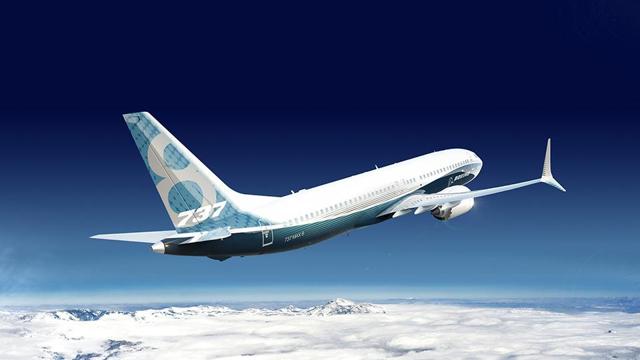The FAA's grounding of the Boeing (NYSE:BA) 737 MAX on March 13, 2019, threw the U.S. aerospace and airline industry into chaos. As the newest generation of Boeing's most popular aircraft ever, the 737 MAX was destined to become the fuel-efficient, new generation narrowbody that would form the backbone of three of the U.S.'s largest airlines. American Airlines (AAL), Southwest Airlines (NYSE:LUV), and United Continental Holdings (UAL) combined operated less than 100 of the new generation aircraft at the time the aircraft was grounded by the FAA but have hundreds more on order and had planned to receive many more just between the March grounding and the busy summer travel season.
Source: Boeing
There have been many articles written on Seeking Alpha about the 737 MAX with hearty debates about the cause and fault of the accident. This article is not intended to broach those topics but instead addresses Boeing's role only to the extent of its potential responsibility to provide compensation to American, United, and Southwest.
The initial grounding of the 737 MAX created operational disruptions for the three U.S. airline operators but, initially, it all appeared that they could juggle their schedules to maintain some level of integrity to their schedules. As the busy Easter/Passover/Spring break travel season loomed, airlines were focused on maintaining their operations during that peak leisure travel period with the hope at the time that the 737 MAX would be flying again before the peak summer season. As the summer season came nearer and has now begun with no return to the skies for the MAX, the three airlines increasingly have had to accept the inevitable absence of the MAX from their fleets for the busy summer season.
In this article, we will examine the key areas that have been impacted and attempt to identify
